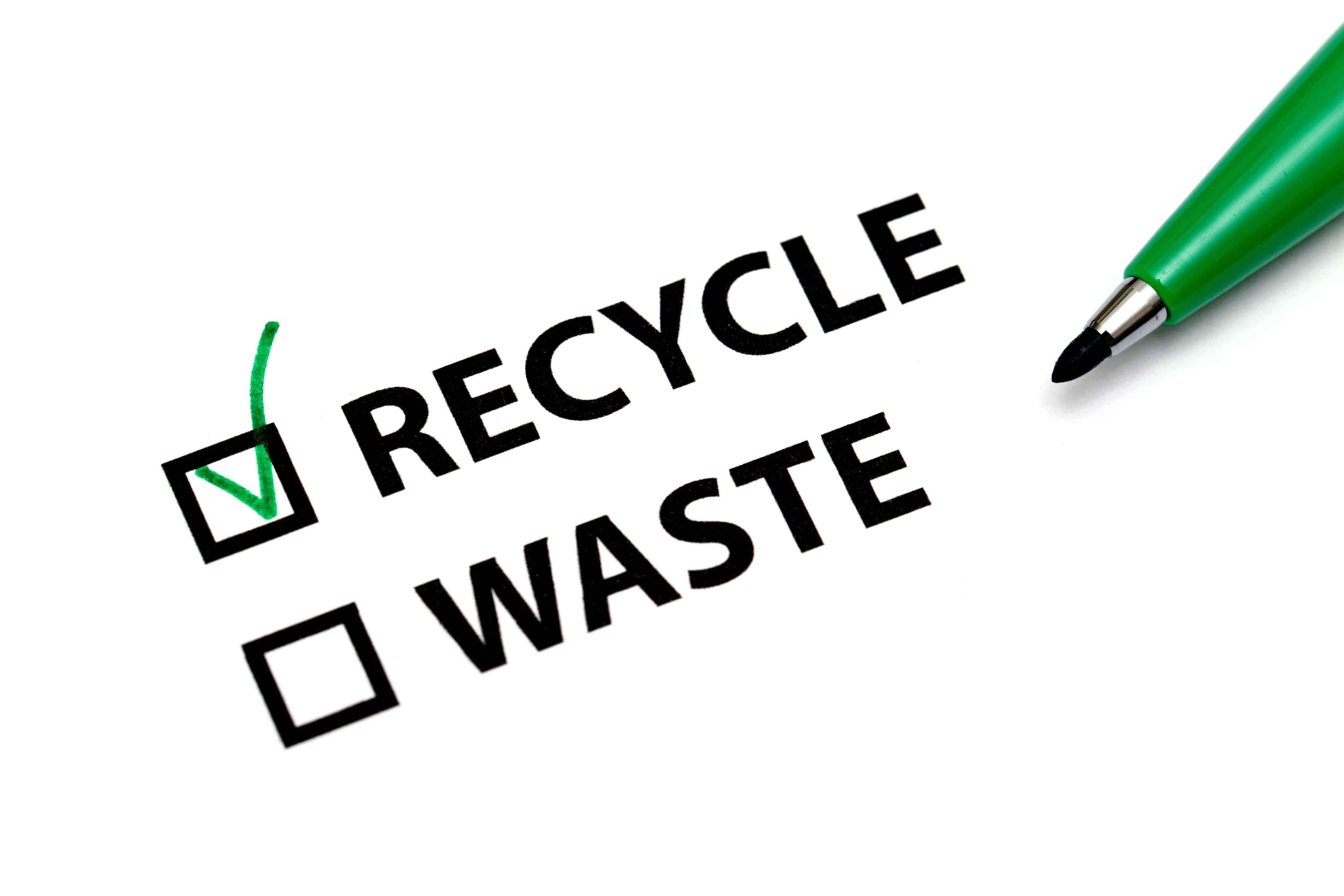Waste & material traceability solution for sustainable facilities

Every day we use various products. All of these products turn into waste, when they are expired, broken or thrown away, this is what is called waste. Furthermore, there is an enormous amount of waste products around the world every day. At least 3.5 million tons of plastic and solid waste is created every day around the globe. And this number of waste is 10 times bigger than the amount a century ago, according to World Bank researchers. There is not only one type of waste. There are various types of waste. It is worth mentioning them.
As known as E-waste, is the type of waste that is generated from technological products. Such as old cameras or broken phones, or unused push-button phones and so on. This electronic waste releases poisonous chemicals that harm the environment and also human health. E-waste can be a threat in the future due to the fact that it is significant to learn what electronic waste is and also how to deal with electronic waste. It is crucial to be informed about the fundamentals of e-waste management and its solutions.
Do you know that around the globe each human being produces nearly 60 kg of hazardous waste? Hazardous waste is created mostly in chemical production. But not only in chemical production, in households, you can also create hazardous waste. For instance, cleaning solvents, painting wastes and spent acids and bases are defined as hazardous waste. Moreover, hazardous waste harms human health and the environment. Considering the increasing population, if hazardous waste is not properly disposed of, it will cause an important threat to planet Earth and also human beings. Because of that, hazardous waste management is very crucial.
Another type of waste is the one in which its production is extremely increased with the COVID-19 pandemic, which is medical waste. Examples of medical waste are, each waste that is generated in the process of diagnosis, treatment and vaccination of beings are defined as medical waste. Such as the masks we need to wear each day to protect ourselves from Covis-19 is also medical waste. Moreover, Medical-waste generated due to Covid -19 endangers the environment, because of that it is important to get information about what is medical waste and how to deal with it. In that respect, medical waste disposal solutions are very crucial.
Food waste or in other words, organic waste is the type of waste that is usually created in households. Examples of this type of waste are rotten fruit and vegetables or mouldy foods. This food waste generates very toxic chemicals which is methane that causes harm to the environment and leading to the reason of global warming food waste generates very toxic chemical which is methane that causes harm to the environment and leads to the cause of global warming. However, smart waste management solutions such as tracking your food waste, preventing food waste are very easy.
In your business, you may have a lot of large-sized waste, and you need to manage your waste. This kind of waste from renovation or construction is defined as yard waste. Moreover, yard waste needs to be disposed of in a specific method. This specific method for yard waste or large-sized waste is called the dumpster rental system. For managing your yard waste you can work with a dumpster rental company. And for the benefit of your business your yard waste management will be handled by this company. If you want to optimize your waste management then, there is a brilliant dumpster rental solution for you!
In some cities, our daily solid waste is collected by municipalities and this waste becomes municipal waste. This waste becomes a matter of municipalities. And they need to manage waste in the most efficient way possible. If you are the responsible authority in your municipality for waste management, then you come across many problems every day. You need smart solutions for municipal solid waste management. At that point, it is important to learn how to deal with waste and get information about municipal solid waste management.

As mentioned above there are various types of waste. And there is no one method for waste management of all these different waste types. At that point, two main points are worth considering, the first one is waste management. And the second one is recycling. These two main points are key elements in disposing of waste.
Definition of waste management covers all types of methods of waste disposal. From the first step to the last step of waste disposal are included in waste management. Such as collection, separation. All those steps belong to waste management. Today, with the latest technology developments the waste disposal process meets with ground-breaking high-tech solutions in the waste management industry. Thanks to the latest technology solutions today it is very practical and easy to manage your waste in the most efficient method.
For example, Material Recovery Facility (MRF) eases the waste management process for you. Keeping up with the best technology in MRF management ensures efficiency in your business’s waste management. Moreover, with MRF you will reduce managerial time spent on waste management, track and control every step of your waste operations and so on. For further information fundamentals of materials recovery facility management will benefit you.
Another waste management method that will improve quality in waste management is Enterprise Resource Planning (ERP). Tracking your fleet management is very efficient and practical with ERP. Another advantage of ERP technology is you can control the status of your waste with the asset management solution. The asset management solution provides you with avoiding overflows, damaged assets and possible losses.
With these waste management solutions, it is possible to optimize your waste management process easier. Another key element in waste disposal is recycling.
In the most basic definition, recycling is converting waste into reusable products. With the sustainable development goals of the United Nations, the importance of recycling becomes more crucial. Recycling includes transforming waste into reusable materials, and due to that recycling is a sustainable method of waste management.
Recycling has various advantages, such as
Additionally, the recycling trend increased the significance of Zero Waste.

Zero waste is all about the creation of new materials with zero waste, in other words, the creation of new materials with no waste. In that respect, the zero waste sector, which includes zero waste products and materials takes an important place. The zero-waste lifestyle becomes very trending these days due to the acknowledgement of the importance of recycling.
At that point, it is significant that examining the latest recycling technologies for a better future means that waste is no longer a problem for human beings. If you are interested in waste management and the latest waste management technologies there is your source for the best waste management experience!
For further information and your questions contact us and request a demo!